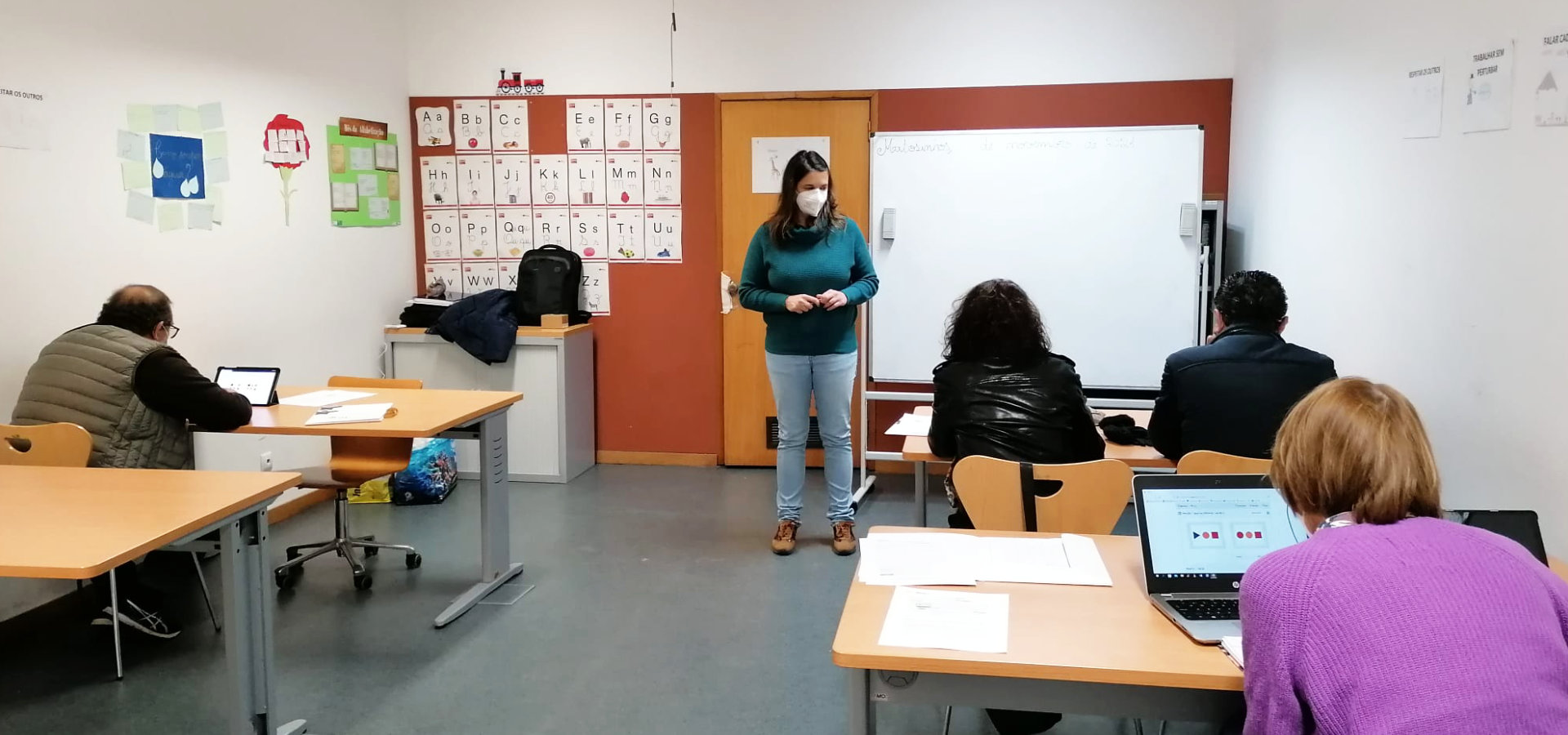About two-thirds of women who were diagnosed with a breast cancer and who were working at the time of diagnosis remained employed within five years of their diagnosis. The conclusion is from a study by the Instituto de Saúde Pública da Universidade do Porto (ISPUP), which was published in the journal “The Breast”.
The work was developed within the framework of the NEON-BC cohort, a longitudinal study of ISPUP that has been monitoring since 2012 about 500 breast cancer patients, proposed for surgical treatment at the Instituto Português de Oncologia do Porto (IPO Porto).
The goal was to understand if “patients who worked before the diagnosis of the disease remained employed up to five years after the cancer diagnosis,” said Samantha Morais, one of the researchers involved in the article, coordinated by Nuno Lunet. Additionally, “we also sought to understand if there were sociodemographic, clinical and treatment characteristics that could influence the employment situation of these women”.
This study included 242 women from the cohort who were employed prior to the breast cancer diagnosis.
One hundred and sixty two continued to work, 26 were unemployed, 27 entered early retirement, 14 retired and 13 were on sick leave five years following the breast cancer diagnosis.
Older and less educated women were more likely to be unemployed and to enter early retirement than those who were younger and had more years of education.
With regards to treatments, it was observed that there was a higher probability of unemployment, five years after diagnosis, among women undergoing axillary surgery. “This may be due to the decreased mobility and sensitivity often reported following axillary surgery, which could lead to greater disability in these women compared to those who undergo sentinel lymph node biopsy”, explains Samantha Morais.
This study also found that women with a breast cancer diagnosis had a lower incidence of unemployment than women from the general Portuguese population. “This could be explained by the fact that several women were on medical leave. Moreover, among those between 55 and 65 years old, there was a greater likelihood of entering early retirement”, says the researcher.
“This study brings a positive message because we found that among 242 women diagnosed with breast cancer, 162 continued to work five years following diagnosis”, she says. “Although not all women want to return to work after an illness, it is important that those who wish to do so benefit from social support. We therefore draw attention to the importance of promoting political and legislative interventions in order to increase, for example, the work schedule flexibility and the adaptation of job functions to the current condition of women”, she adds.
The study is entitled Changes in employment status up to 5 years after breast cancer diagnosis: A prospective cohort study. The researchers Isabel Monteiro, Ana Rute Costa, Luisa Lopes-Conceição, Natália Araújo, Filipa Fontes, Teresa Dias and Susana Pereira also participated in the study.



